News
-
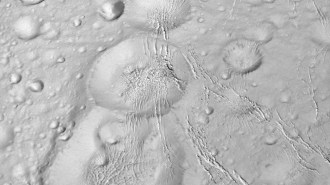 Planetary Science
Planetary ScienceEnceladus is blanketed in a thick layer of snow
Pits on the Saturnian moon reveal the surprising depth of the satellite’s snow, suggesting its plume was more active in the past.
-
 Health & Medicine
Health & MedicineHDL ‘good’ cholesterol isn’t always good for heart health
High levels of HDL cholesterol don’t appear to protect against heart disease, while harm from low levels may depend on race, a study reports.
-
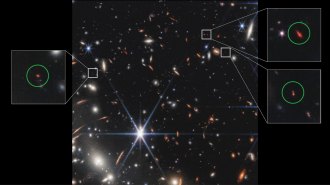 Astronomy
AstronomyThe James Webb telescope found ‘Green Pea’ galaxies in the early universe
The James Webb telescope spotted tiny “green” galaxies that might have helped trigger a dramatic cosmic makeover more than 13 billion years ago.
-
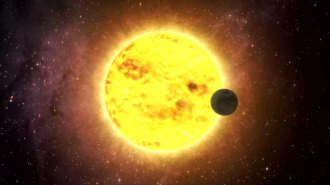 Planetary Science
Planetary ScienceMethylated gases could be an unambiguous indicator of alien life
On Earth, methylated gases are produced by organisms cleaning up their environment — and by little else. The same might be true on some exoplanets.
-
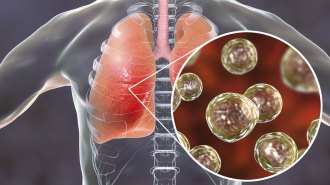 Health & Medicine
Health & Medicine4 key things to know about lung infections caused by fungi
News that three kinds of fungi are more widespread than previously thought prompted reader questions about risk, symptoms and more. We answer them.
-
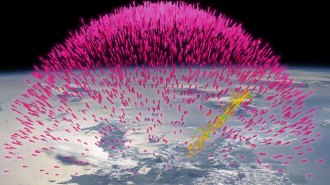 Physics
PhysicsRare ‘dark lightning’ might briefly touch passengers when flying
Gamma-ray blasts from thunderstorms might occasionally zap passing airplanes, briefly exposing passengers to unsafe levels of radiation.
By Nikk Ogasa -
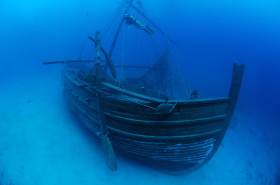 Archaeology
ArchaeologyComplex supply chains may have appeared more than 3,000 years ago
Finds from one of the world’s oldest shipwrecks hint that miners in Central Asia and Turkey provided a crucial metal to Mediterranean rulers.
By Bruce Bower -
 Physics
PhysicsHere’s how to make a fiber-optic cable out of air using a laser
A hollowed-out laser beam heats a tube of air that surrounds cooler air, providing a way to guide light much the way fiber optics do.
-
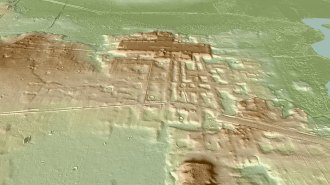 Archaeology
ArchaeologyLasers reveal sites used as the Americas’ oldest known star calendars
By around 3,100 years ago, Mesoamerican ritual complexes tracked celestial cycles using a 260-day count, a huge lidar mapping project shows.
By Bruce Bower -
 Microbes
MicrobesMeet some of the microbes that give cheeses flavor
Knowing which genus of bacteria is responsible for which flavor could open the door to new types of cheese.
-
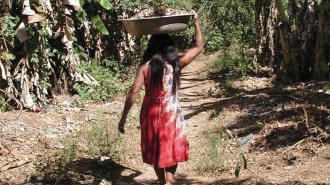 Earth
EarthIndigenous people may have created the Amazon’s ‘dark earth’ on purpose
Modern Amazonians make nutrient-rich soil from ash, food scraps and burns. The soil strongly resembles ancient dark soils found in the region.
By Freda Kreier -
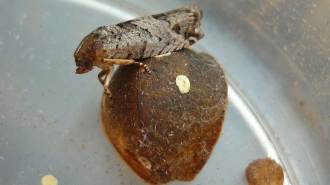 Animals
AnimalsJumping beans’ random strategy always leads to shade — eventually
Jumping beans use randomness to maximize their chances of getting out of the sun’s heat, a new study finds.